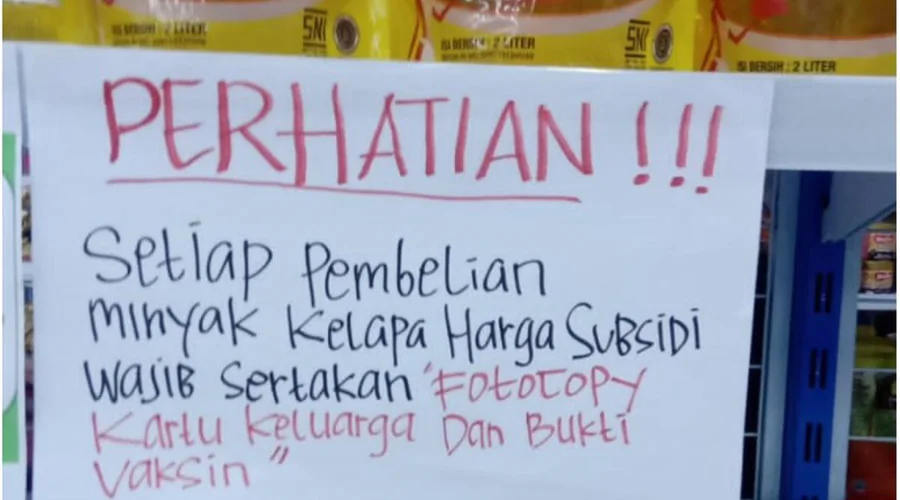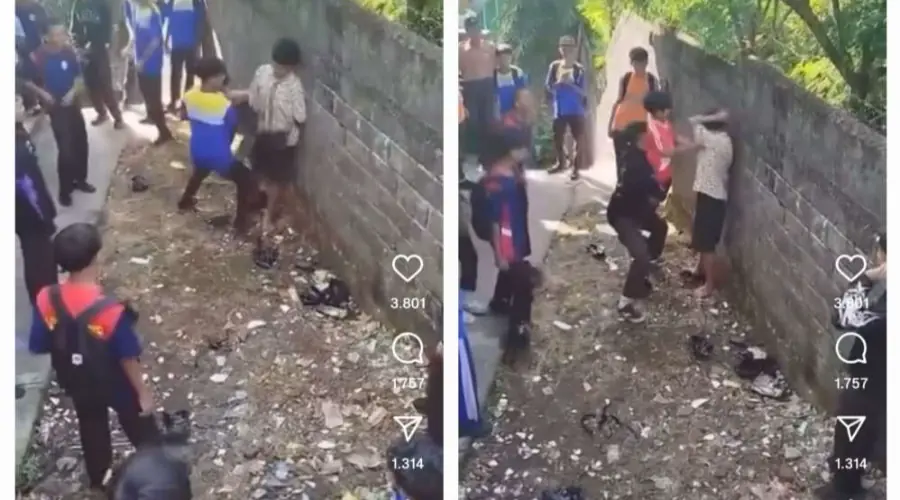
- 23 May
- 2022
Ilustrasi gambar pembelian minyak goreng curah wajib sertakan KTP (Liputan6)
Economic Expert at UM Surabaya Responds to the Problem of Purchasing Bulk Cooking Oil Required to Include KTP
Recently, the issue of enforcing the purchase of cooking oil, especially bulk cooking oil on the basis of KTP (Identification Card) has drawn a lot of contra from various communities and groups. The rules contained in circular letter number 511/DPP/106/II/2022 concerning cooking oil sales services are carried out in anticipation of the government in minimizing scarcity and preventing hoarding by irresponsible individuals.
The hectic issues related to the cooking oil polemic attracted the attention of UM Surabaya Economic Specialist Arin Setyowati to provide a response.
Arin explained the tightening of the distribution of people's cooking oil, whose price is subsidized in the range of Rp. 14,000 with a limit per KTP that they are only allowed to buy 2 liters to regulate the balance of supply in the country. So that the tightening plan is accompanied by price control supply arrangements which will technically be regulated by the Ministry of Trade.
He also explained that the distribution of people's cooking oil can be found in stalls and traditional retailers partnering with the Food Warung (WP) application developed by PT Indonesian Trading Company. Technically, the KTP shown by the buyer is recorded with the name and identification number to the resident (NIK), followed by taking a photo of the buyer's KTP to be entered into the WP application.
"Judging from the KTP-based purchasing process, of course it takes time to process transactions, meaning that time efficiency also needs attention. In addition, can showing a KTP guarantee that the distribution of people's cooking oil will be right on target? Remembering that any citizen with an ID card can make a purchase," explained Arin, Monday (23/5/22)
He also explained related to digital literacy issues from each shop owner and traditional retailer who sells people's cooking oil. This means that the transaction process for people's cooking oil is not effective, especially if the stalls or traditional retail are crowded with buyers of people's cooking oil.
"Even if there is a restriction on the distribution of people's cooking oil, it should be distributed in an integrated manner with the previous people's cooking oil subsidy program (BLT people's cooking oil). In addition, it is also possible to distribute people's cooking oil through regional routes and it is very possible to synergize with BUMDES (Village Owned Enterprises) and business units in each region so that it can have an impact on economic empowerment in each region, "explained Arin again in written statement.
He also emphasized that apart from guaranteed distribution, the existence of proven Human Resources (HR) from village and sub-district administrations could minimize the risk of low digital literacy. Considering that not many stalls or traditional retailers have partnered with the WP application.










(0) Comments